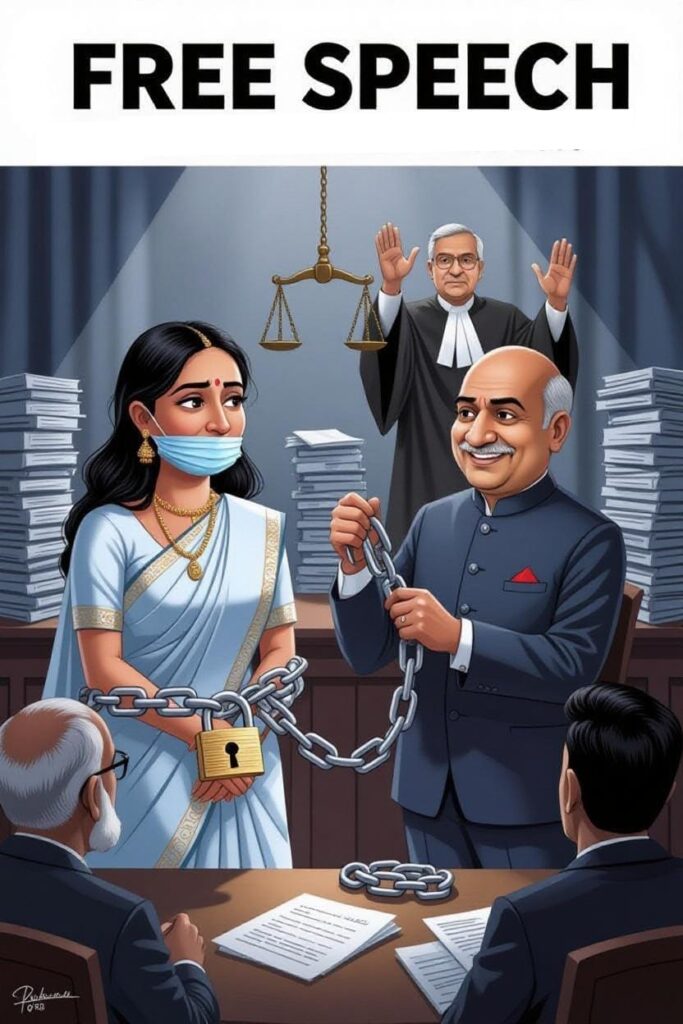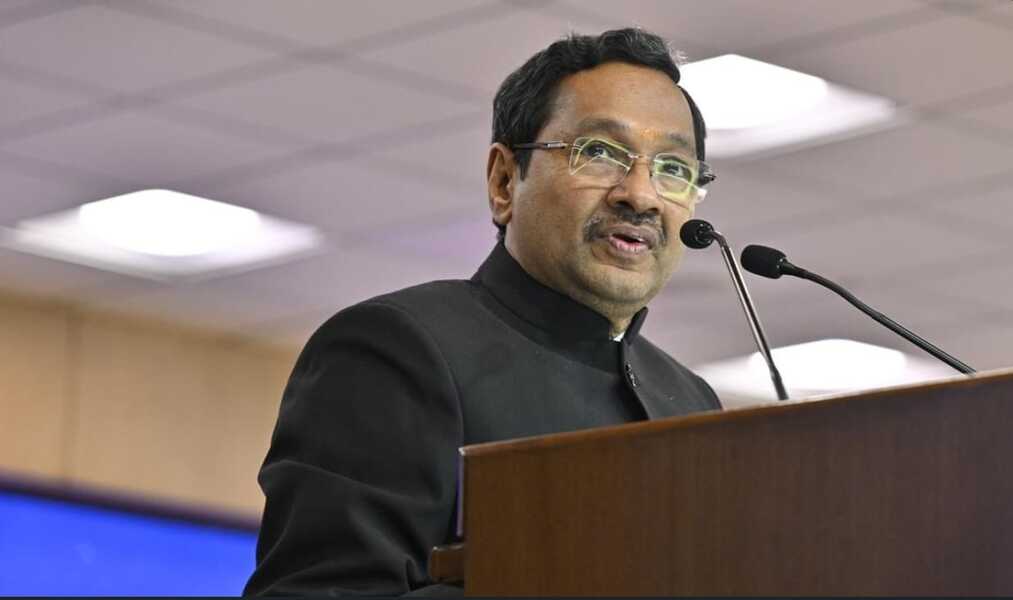Article Today, New Delhi:
Supreme Court judge Justice Raghavendra Kumar Gopu has expressed deep concern over the misuse of criminal defamation laws in India. Speaking at a recent conference of High Court Chief Justices, he said the law, meant to protect personal reputation, has instead become a tool to harass political opponents and silence free speech. His observations have triggered nationwide debate on the need to repeal the provisions.

Weapon in politics
Sections 499 and 500 of the Indian Penal Code treat defamation as a criminal offence. Justice Gopu noted that these provisions are being widely used by political leaders and wealthy individuals to target critics and opponents. During elections and disputes, complaints under these sections often lead to immediate police action, creating pressure on those accused. Thousands of such cases are pending across the country, adding to the burden on courts.
Threat to Free Expression
The judge underlined that criminal defamation imposes severe restrictions on the constitutional right to free speech. While civil remedies are common in many developed countries, Indian law allows imprisonment, which deters journalists, activists, and ordinary citizens from speaking openly. Justice Gopu argued that the law fosters fear rather than protecting dignity. He suggested that repealing the criminal provision would strengthen democratic debate and safeguard expression.
Push for Reform
The Supreme Court has earlier acknowledged the misuse of defamation law in various rulings, including the 2016 Subrata Roy case. Justice Gopu’s fresh remarks are expected to intensify calls for reform in Parliament. Legal experts say the government may consider restructuring the law so that defamation is treated only as a civil wrong. Such a move, they argue, would ease the burden on the judiciary while ensuring a healthier environment for public discourse.
Towards a Balanced Framework
Observers believe that reforming or repealing criminal defamation would align India with global practices. They stress that protecting reputation should not come at the cost of undermining free expression. If Parliament acts on these concerns, it could mark a significant step towards legal reform, enabling both accountability in politics and greater freedom for citizens.



